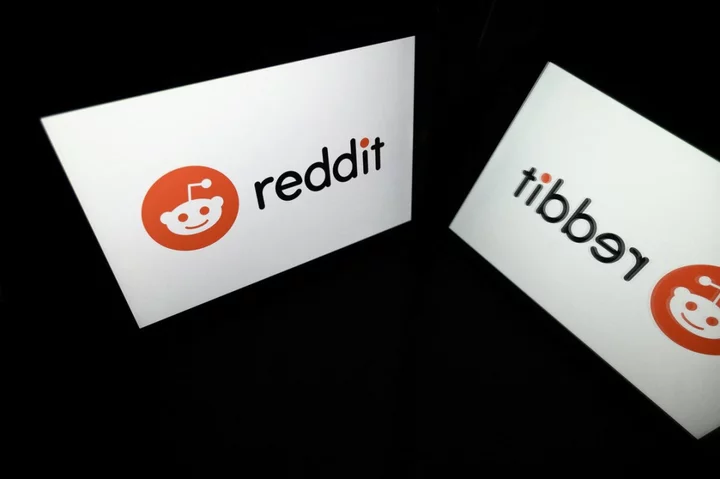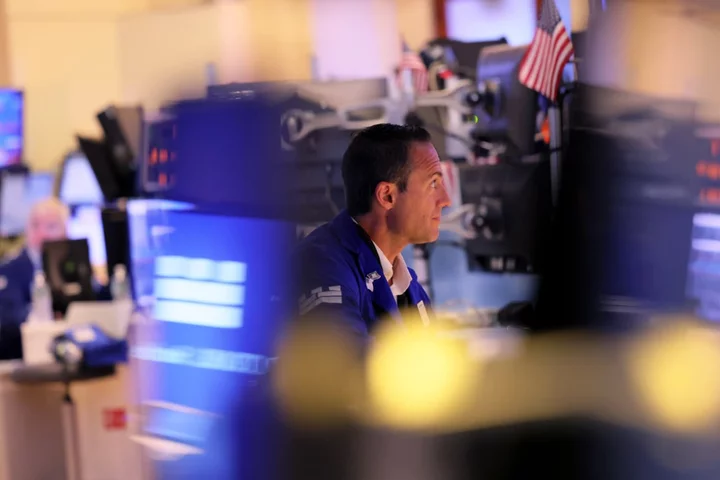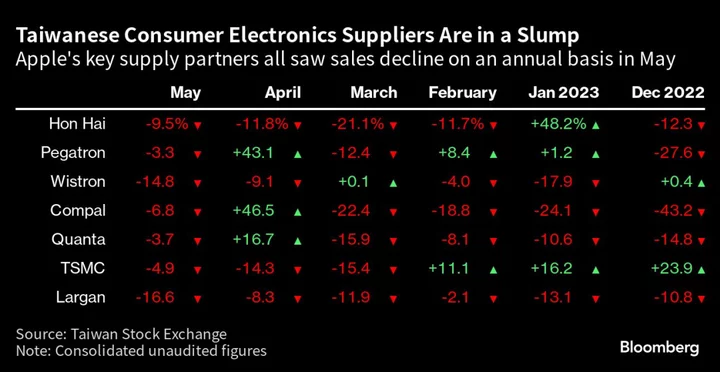
Reddit closes Place after obscene protests
Reddit has closed the official forum for its collaborative experiment Place after users filled it with explicit messages directed at the company’s management. Reddit Place launched for the third time last month, allowing all users to fill in the pixels of a 1-million-pixel canvas. The six day project came amid protests against Reddit introducing charges that forced third-party apps to close, with chief executive Steve ‘Spez’ Huffman becoming a target of explicit graffiti on the r/Place canvas. One week after the experiment ended, Reddit announced that no posts or comments would be allowed on the r/Place sub-reddit, which had become a focal point for the ongoing protests against Mr Huffman and the rest of Reddit’s management. “This community will no longer be open for posting or commenting,” a post pinned to the r/place sub-reddit stated. “Thank you to everyone who participated in r/place 2023. Until we meet again.” The post received 7,000 upvotes but the top comment, which stated “F**k u/SPEZ”, received more than 17,000. The final version of the r/Place canvas included dozens of similar messages directed at Mr Huffman, with some Reddit users accusing admins of censoring parts of the canvas. The Place experiment was pushed back several times in an effort to avoid coinciding with the worst of the protests, which had seen thousands of high-profile Reddit communities go dark in an effort to force the company into rescinding the proposed API charges to third-party apps like Apollo. These demands were ignored, and most Reddit communities have since returned to normal operations. The company acknowledged the poor timing of the collaborative art experiment by including the tagline: “Right place, wrong time.” Reddit did not respond to a request for comment from The Independent about the protests. Read More Reddit protests see r/Place experiment immediately hijacked with grotesque graffiti Kenya suspends eyeball-scanning crypto worldcoin Google warns Gmail users they could be about to lose their account
2023-08-03 22:48

Nextlink Delivers High-Speed Internet to 95% of Wise County, Texas in 7 months
HUDSON OAKS, Texas & MILPITAS, Calif.--(BUSINESS WIRE)--Aug 8, 2023--
2023-08-08 20:27

Fed Rate-Cut Hopes Fuel Festive Cheer for Stocks. Why That Won’t Last.
OPEC+ extends oil production cuts, Peltz revives Disney proxy battle, Tesla delivers first Cybertrucks, and other news to start your day.
2023-12-01 20:26

AVG AntiVirus for Mac Review
Longtime Mac aficionados may miss the old days when “everyone knew” that Macs didn’t need
2023-05-26 23:54

'Silent Hill: Ascension' interactive series trailer introduces the characters you can kill off
The official trailer for SILENT HILL: Ascension has arrived, giving us a look at a
2023-05-31 11:57

All NBA 2K24 VC Prices Detailed
Check out all the NBA 2K24 VC prices, ranging from $2 to $150, for players to quickly upgrade the best attributes for their builds.
2023-09-19 01:51

Microsoft Vows to Shield Users of Copilot AI From Copyright Lawsuits
Microsoft has noticed that some customers are afraid to use its Copilot AI given the
2023-09-08 07:52

Scientists grow human kidneys inside a pig for the first time
Scientists have grown human kidneys in pigs, for the very first time. Researchers at the Guangzhou Institutes of Biomedicine and Health, Chinese Academy of Sciences and Wuyi University created human-pig chimeric embryos containing a combination of human and pig cells. When they transferred into 13 surrogate pig mothers, they developed kidneys that contained mostly human cells at a rate of 50 to 60 per cent, giving hope for potential transplants in the future. “Rat organs have been produced in mice, and mouse organs have been produced in rats, but previous attempts to grow human organs in pigs have not succeeded,” said the senior author Liangxue Lai. “Our approach improves the integration of human cells into recipient tissues and allows us to grow human organs in pigs.” The kidneys were not entirely human as they included vasculature and nerves made mostly from pig cells, meaning they could not be used for transplantation in their current form, but it is still a pretty impressive step. And apart from the kidneys, the embryos were dominated by pig cells, with very few human cells in the brain or central nervous system. Making brains using human and pig cells is very controversial for ethical reasons, so there are tight regulations for this kind of research. Meanwhile, pig cells tend to outcompete human cells during development, so previous experiments have created embryos that are almost entirely pig. The latest work, published in Cell Stem Cell, overcame this by genetically engineering a single-cell pig embryo so that it lacked two genes needed for kidney development. This created a gap within the embryo that could be filled by human cells. “We found that if you create a niche in the pig embryo, then the human cells naturally go into these spaces,” said Prof Zhen Dai of Guangzhou Institutes of Biomedicine and Health, another senior author. The scientists said that being able to incubate a fully human kidney inside a pig would be likely to take many years. “We would probably need to engineer the pigs in a much more complex way and that also brings some additional challenges,” said Miguel Esteban, also of the Guangzhou institute and a senior author. A central challenge would be to allow human nerves and vasculature to develop within the target organ without nerve cells developing in the central nervous system that could lead to a humanised brain. “Even theoretically it’s not clear how you’d do that,” said Ilic. Sign up to our free Indy100 weekly newsletter Have your say in our news democracy. Click the upvote icon at the top of the page to help raise this article through the indy100 rankings.
2023-09-08 19:52

These Stocks Are Moving the Most Today: Salesforce, Snowflake, Pure Storage, Tesla, Nutanix, and More
Salesforce rallies after strong earnings, Snowflake posts better-than-expected quarterly profit, Pure Storage issues disappointing guidance, and deliveries of Tesla's Cybertruck begin Thursday.
2023-11-30 17:45

A Tale of Two Creeps: Radiohead, Stone Temple Pilots, and the Great 'Creep' Face-Off of 1992
If you wanted to hear your favorite band sing "Creep" in the early '90s, you had a plethora of choices.
2023-07-14 23:24

Innovation at Any Cost? Lenovo Study Reveals CIO Commitment and Concerns Around Technology Innovation
HONG KONG--(BUSINESS WIRE)--Jun 12, 2023--
2023-06-13 10:29

The Boris Lawrence Henson Foundation and Founder Taraji P. Henson Expand Partnership With kate spade new york to Bring Culturally Competent Mental Health Services to Women at Hampton University
NEW YORK--(BUSINESS WIRE)--Sep 13, 2023--
2023-09-13 21:25
You Might Like...

US wants FTX's Sam Bankman-Fried jailed pending trial

'Singing the Blues': How to try cool relationship trend going viral on TikTok?

Apple hikes price of Apple TV+, Apple News+

Apple’s Taiwan Suppliers See Sales Falter Again on Slow Demand

Big Joe Boosts Automation Capabilities with New AMR Features and Key Personnel

Nvidia sued over ‘stolen’ data revealed in video conference screen-sharing mishap

Commonwealth Games 2026 host Victoria pulls out over cost

Munger Became a Legendary Investor Because of This One Impeccable Skill
